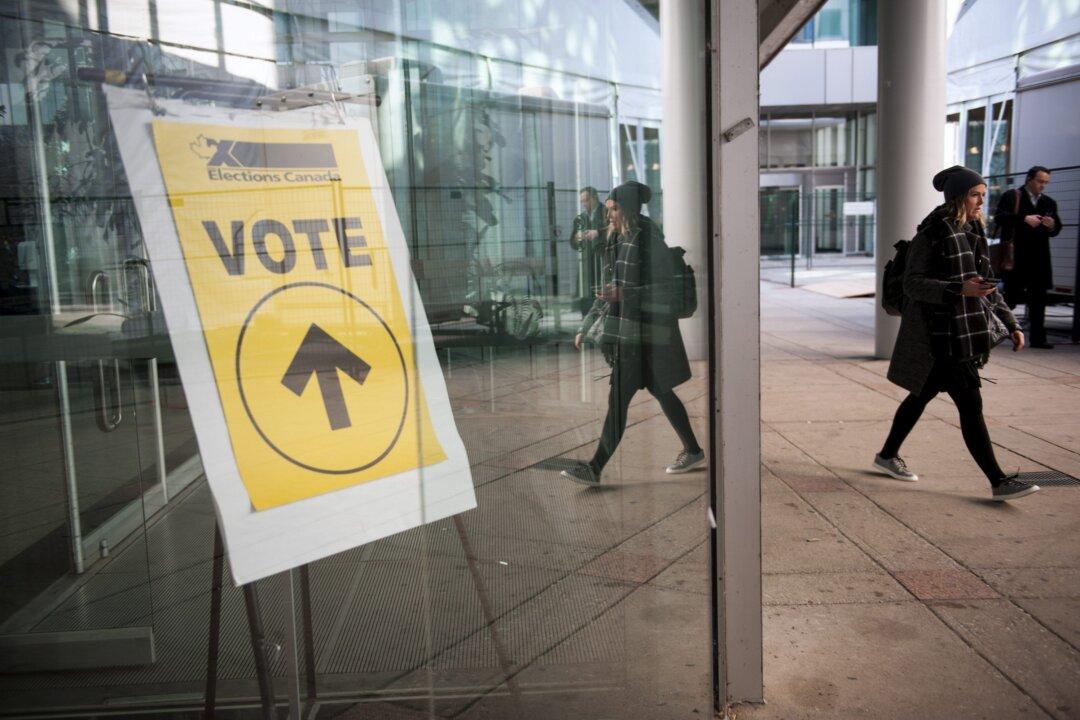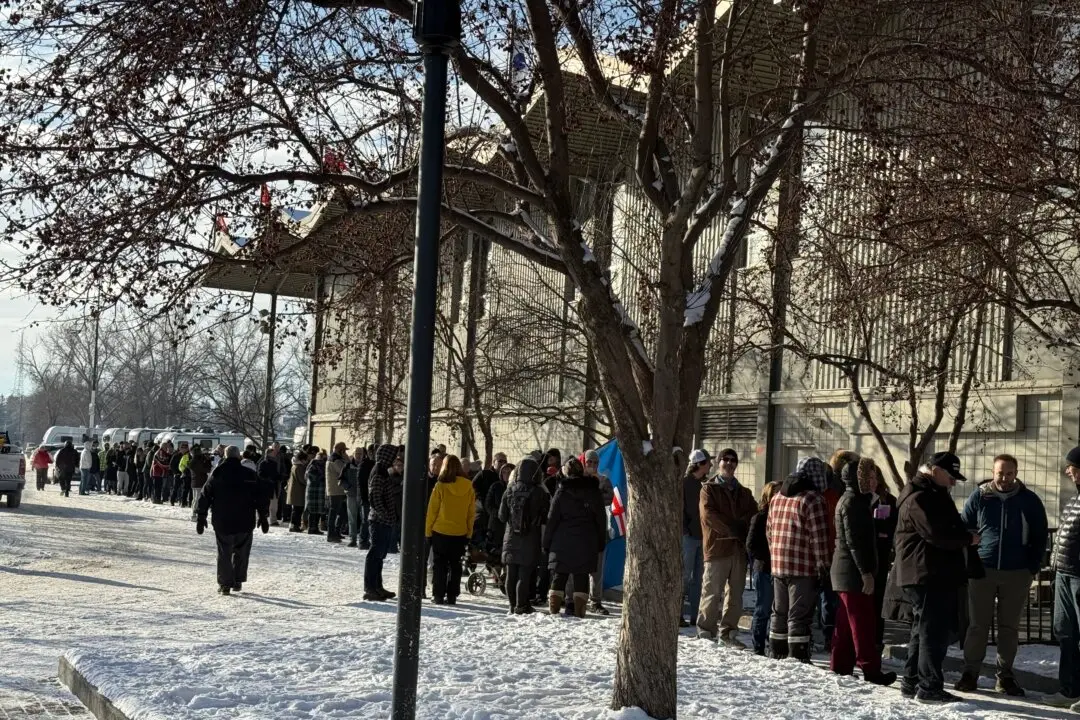Commentary
With Canada currently being under a minority government, the nation could very well find itself going into a general election at any time. This raises a number of concerns for citizens’ safety and health if the COVID-19 pandemic is still considered to be out of control when election day comes. People may not feel safe or comfortable coming out to vote, and this could impact the democratic process.





